Stepping into a place as full of despair as a concentration camp is a difficult task. I didn't think I would react the way I did, after all I had learned about it all in my history classes. There is a human element of this tragic history which cannot be conveyed with words on a page. While they may attempt to convey the stories of those who suffered and died amidst the brutality, could it ever really convey the true depth of this systematic killing?
Driving up the road towards Mauthausen created a pit in my stomach. With each farmhouse we passed, the pit only grew in intensity. The common notion of concentration camps is that they were secluded, far from the public eye and therefore far from the public consciousness. Sure, this camp wasn't directly in the city center, but it was not removed from the public eye. As I saw the stone walls over the hilltop a strange sort of quiet fell over the bus. No one had to say anything, we all just knew.
The sun was out when we walked into the visitor center, with warmth filling the air. Upon emerging from the building not 15 minutes later the sun sought refuge behind the clouds and the air turned crisp. It was as if it knew what we were about to see. Our tour began with a stop on an exterior road. Down below us was an empty field with a low wall and the overgrown footprints of many buildings. Before the wall was a willow tree shading a stone monument. Without explanation this seems rather peaceful, but the reality is anything but.
The low stone wall and the willow tree monument mark the mass grave of the many who were dead or died shortly after liberation. The American soldiers who liberated the camp forced people from the surrounding area to dig the grave so no one could say they didn't know this happened. The weight of that idea, the idea that so many people, people we may never know, are buried in that spot hit hard. Even now thinking about it leaves me at a loss for words. The emotions grow so intense, but it's hard to begin expressing it. What struck harder than realizing this was a grave was the realizing what used to be there.
In the very spot where this mass grave now stood was a soccer field. It's easy to believe the excuse that the people in the area didn't know what was happening, but it doesn't really hold up to scrutiny. Only two of the teams that played there were made up of SS officers, the others were from surrounding areas. Games saw attendance of about a hundred spectators. It's hard to fathom that someone could be ignorant to the death when they literally come to spectator sports a soccer field away from one of the most brutal sections of the camp. How someone could pretend like they had no idea when they had tea alongside SS soldiers after a match, all inside the camp walls. I felt sick hearing about this. Looking at the images of the soccer field amidst the death and brutality was a horrific reminder of the absurdity of what went on. Our guide kept asking what we thought people considered when attending these matches. I couldn't answer that; to me it seemed so logical. You don't come to watch and have fun with people who carry out atrocities. Maybe one person couldn't have brought down the Nazi regime, but they certainly were aware of what was happening and still chose to play alongside murderers.
We continued to walk along the exterior road, snaking our way through a memorial garden of sorts. Each monument memorialized a different group of people affected here. Our minds instantly go to Jews when we think about concentration camps, but the reality is that many groups were persecuted. The large field where these monuments were was a physical manifestation of the shear enormity of the atrocities.
We then made our way through the gates of Mauthausen. We walked along the stone wall topped with barbed wire reading additional memorial plaques. The air was frigid, biting at my exposed face and permeating through the several layers I now wore. Despite my discomfort at the temperature I knew this paled in comparison to what those imprisoned here went through. Entering the barracks only reinforced the notion of constant cold for inmates. The walls were thin and would likely do little to protect against the elements come winter. In what seemed to be a small building we were informed that the intended occupancy had been 150 people. The actual number was something closer to 250. Many of the former barracks at Mauthausen are no longer there. The conditions in the buildings were so unhygienic that they had to be burned down. I cannot even imagine how deplorable they must have been, yet they still housed hundreds of people.
Standing in the place where so many died really puts things into perspective. Up until this point in the tour I remained a quiet observer. The heavy topic weighed on my soul. We were then released to venture into the "death rooms" on our own. It was probably better this way; the gas chamber and crematorium speak for themselves.
I stepped through the doors into the silent area of the camp. I was surrounded by the faces of those who died here. Photographs, symbols and flowers covered walls and windowsills. With each step my heart grew heavier. Putting a face, or in this case innumerable faces, to the death we knew occurred here added an even deeper significance to the experience. The next room was the room of names. Covering the room were the names of those who died at Mauthausen. I let my fingers run over several of the thousands of names. It became harder and harder to breathe as I walked through the room. Each of these people had suffered, and for what? No one deserved this ... no one.
As hard as it was, I continued into the gas chamber. I choked back tears as I walked into the room. All that escaped my lips was a sad little whimper. Earlier we had gone into the shower room, the entrance to which was very similar to the entrance to the gas chamber. So many people had walked into this room, not knowing what their fate would be. They had heard rumors of showers that killed people. I think that is almost a worse fate, to know what could happen but never be sure if it would happen.
I continued through the crematorium desperately trying to hold it together, to keep breathing. The truth is, even gaining a better perspective on concentration camps, I will never truly be able to understand the gravity of what happened at Mauthausen and other camps like it. At the end of the day I got to walk out those gates, but so many others never did. That is why it's so hard. The people who were killed weren't bad people. They were targeted because society deemed them to be less than and was thus able to become perpetrators of intensely wrong acts or turned a blind eye while it happened.


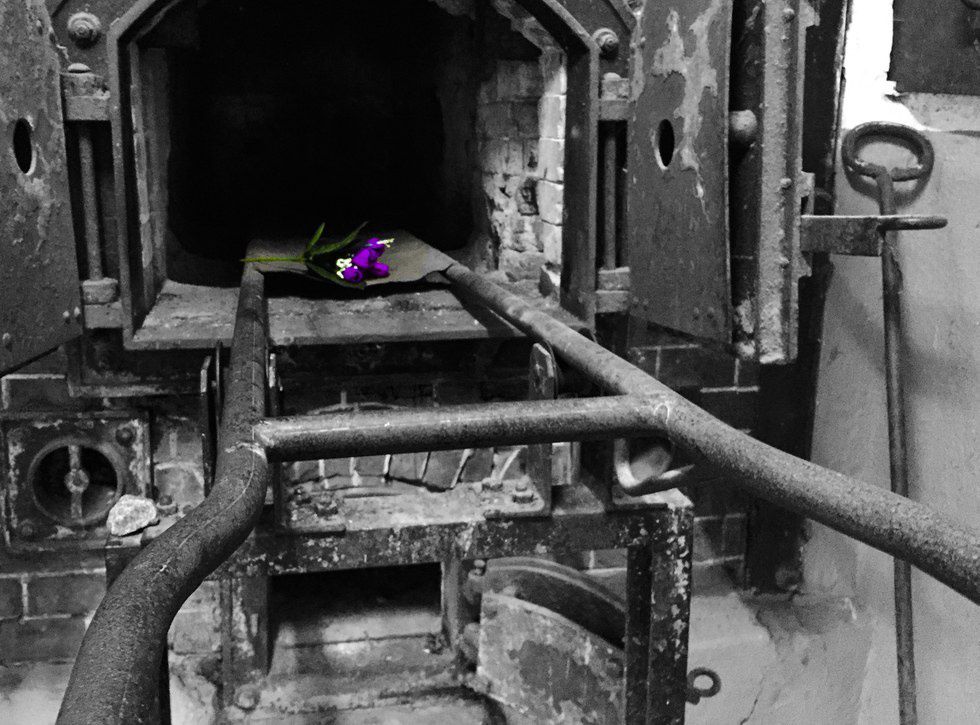
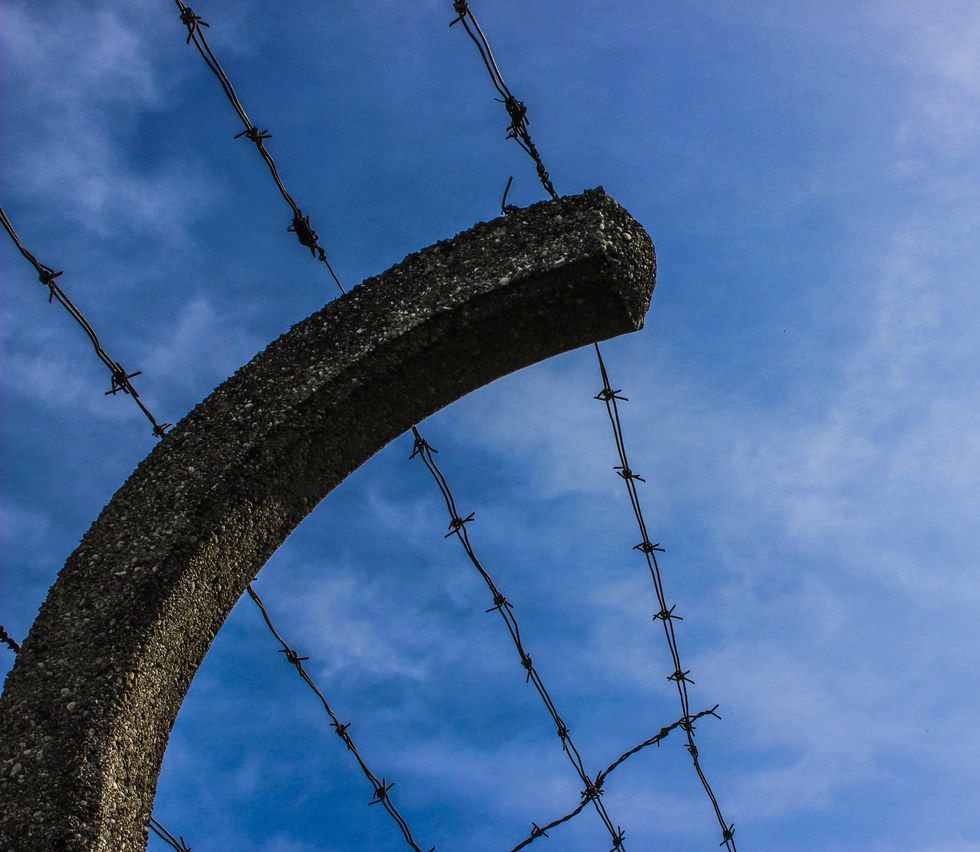
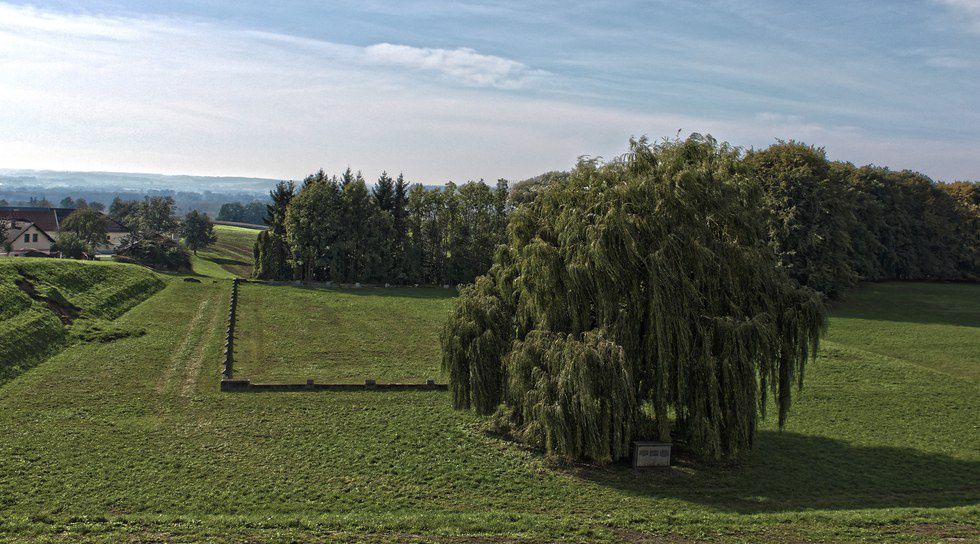
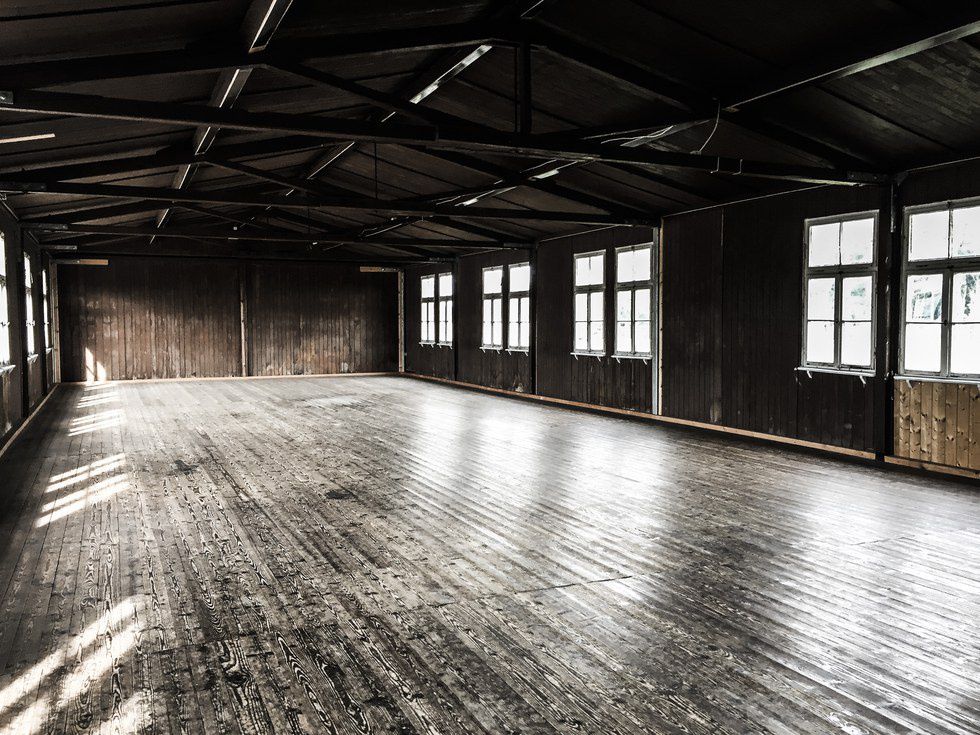
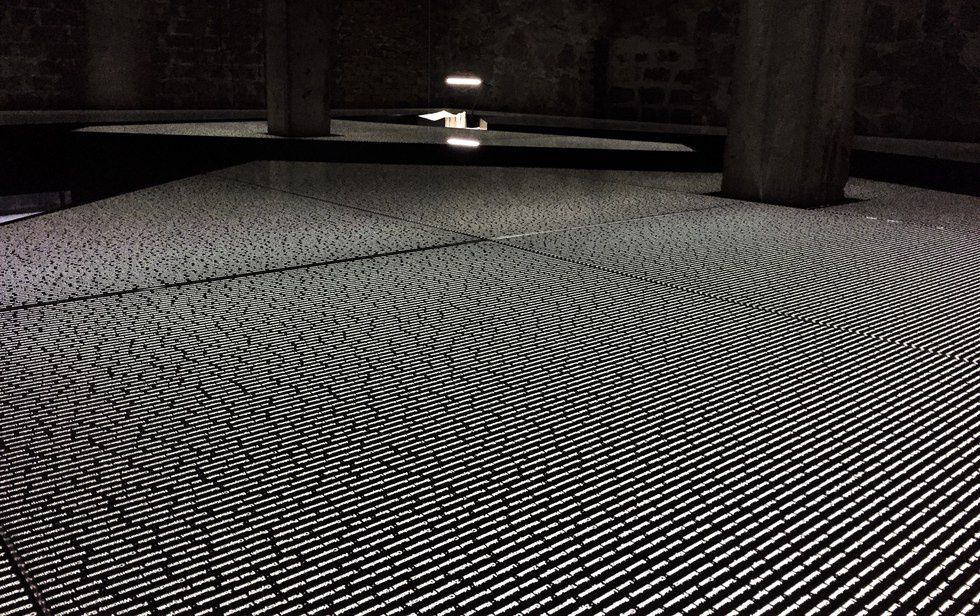
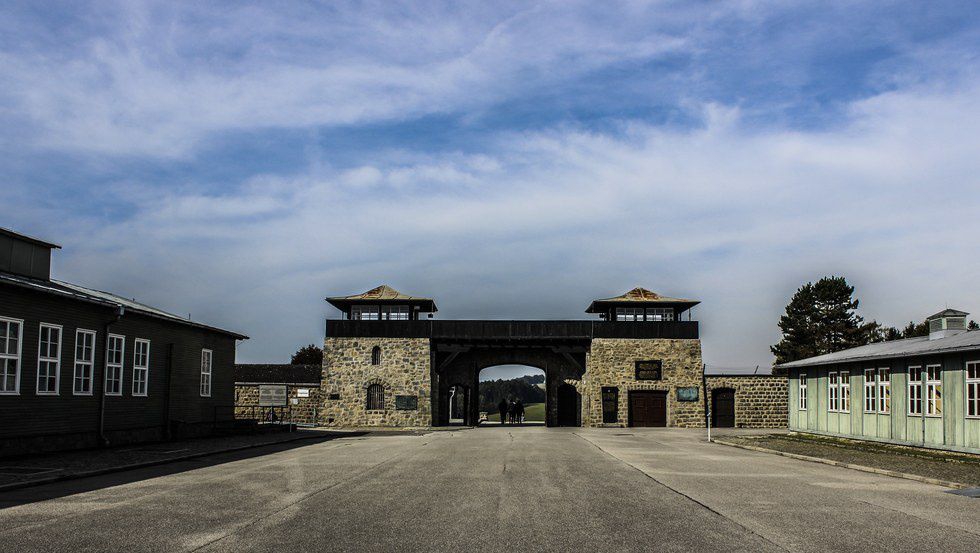




 StableDiffusion
StableDiffusion StableDiffusion
StableDiffusion StableDiffusion
StableDiffusion Photo by
Photo by  Photo by
Photo by  Photo by
Photo by 
 Photo by
Photo by  Photo by
Photo by  Photo by
Photo by  Photo by
Photo by  Photo by
Photo by 









